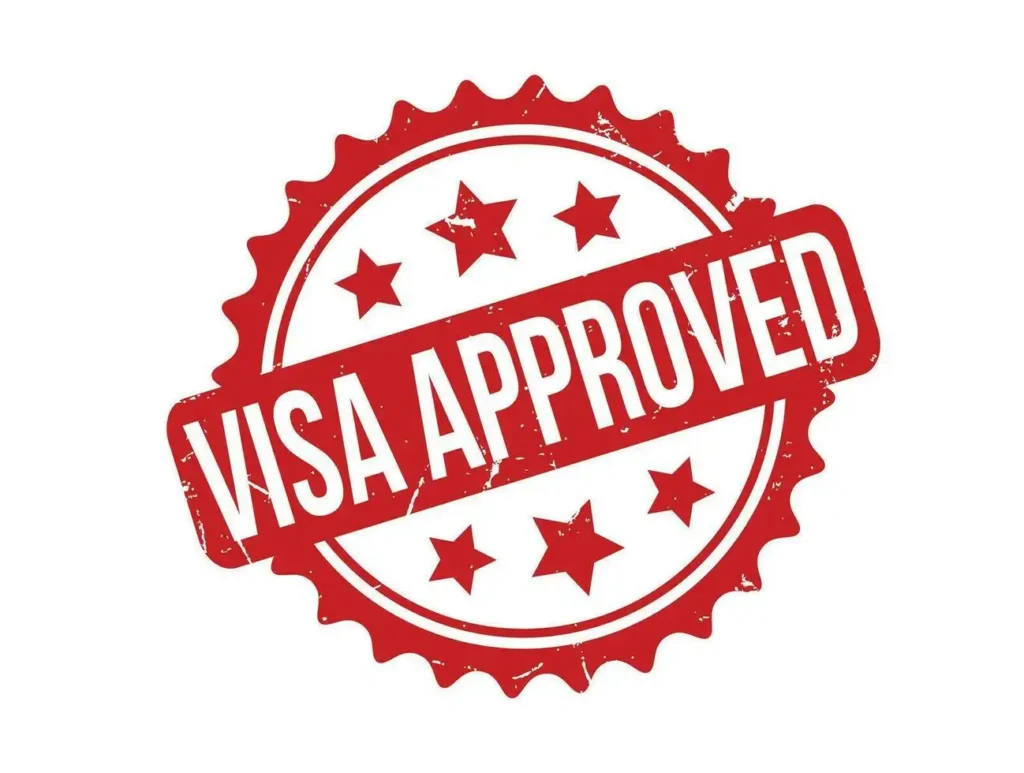

We are recognized as Pakistan’s leading recruitment partner, excelling in bridging the gap between employers and qualified talent from Bosnia. As the Best Recruitment Agency in Pakistan for Bosnia and a prominent Employment Visa Agency in Pakistan, we, Abdul Ghaffar & Sons Overseas Recruitment Agency, connect employers with professionals of varying expertise—ranging from highly qualified specialists to individuals with foundational skills and relevant experience across various industries, customized to meet your specific workforce needs. As a trusted recruitment agency in Pakistan, we leverage our extensive knowledge of both local and international job markets to provide a seamless and efficient hiring process that empowers you to build a strong, capable workforce, driving your company’s success.
The first step in bringing employees to Bosnia is understanding who requires a work permit. Citizens of the European Union (EU) and Schengen countries have similar employment rights as Bosnian citizens, although certain roles may have legal requirements for Bosnian citizenship. US citizens can stay in Bosnia for up to a year without needing a residence permit. However, anyone who is not a Bosnian citizen and intends to work in the country for more than three months must apply for a work permit. Employees must submit their work permit applications before starting their job. Approval or denial is usually issued within 30 days of submitting the required documents. Some work permits may have time limitations, but the total validity period depends on the permit type. Additionally, all foreign workers will need a visa to enter Bosnia and a residence permit to reside there.


Successfully organized and managed 300+ recruitment campaigns in Pakistan for Bosnian clients.
We are proud to be a leading recruitment agency in Pakistan, serving the industry for the past 25 years. With extensive experience in providing recruitment solutions to prominent companies in Bosnia, we have a deep understanding of the unique demands of the local market. Our proven track record of successful placements reflects our capability to deliver high-quality candidates who make meaningful contributions to your organization.
With years of experience in the Bosnian recruitment industry, we have become experts in understanding the local market and labor requirements. Our deep insight into Bosnia’s work culture and employment trends enables us to deliver exceptional services.

We are highly knowledgeable in Bosnian labor laws, covering visa requirements, employment contracts, and work permits. By collaborating closely with employers, we ensure that all necessary documentation is prepared before the recruitment process starts.
Bosnia has a distinctive work culture, and understanding it is crucial for effective recruitment. Our team is thoroughly familiar with the expectations and norms of Bosnian employers, allowing us to match candidates who are well-suited to succeed in this environment.
Bosnia’s work culture is unique, and our familiarity enables us to match candidates who thrive in this environment. This aligns with the Sustainable Development Goals (SDGs) by nurturing a workforce that respects cultural nuances and maximizes productivity. By emphasizing these values, we ensure our workforce meets economic demands while promoting social inclusion and environmental responsibility, fostering a cohesive work environment that benefits both employers and employees.
With extensive experience in Bosnia’s recruitment sector, we have a strong grasp of the local job market and workforce demands. Our comprehensive understanding of Bosnian work culture and employment trends enables us to offer highly customized services that address the specific needs of businesses. We are focused on matching companies with ideal candidates, ensuring a streamlined hiring process that fits Bosnia’s unique workforce environment.
Our Permanent Recruitment services are tailored to assist Bosnian companies in finding long-term talent from Pakistan. Whether you’re looking for highly skilled professionals in healthcare, engineering, IT, or any other field, we supply candidates who are not only well-qualified but also dedicated to contributing to your organization’s long-term success. Our comprehensive vetting and selection process guarantees that you hire individuals who align both culturally and technically with your team, enabling you to build a stable and committed workforce that fosters business growth.
For short-term or project-specific needs, our Temporary Recruitment services offer Bosnian companies the agility to hire Pakistani professionals on a contractual basis. Whether you need technical personnel for specialized projects or administrative and labor support during peak seasons, we provide highly qualified workers who can start contributing immediately. This solution is ideal for organizations seeking to rapidly expand their workforce for specific initiatives without committing to long-term contracts, ensuring you have the right talent available exactly when required.
Our Returning Talent recruitment service is dedicated to connecting Bosnian companies with experienced Pakistani professionals who have previously worked in Bosnia. These candidates offer a blend of technical skills and essential cultural insights that are specific to the local market. With backgrounds in industries such as telecommunications, construction, healthcare, and more, these professionals possess a deep understanding of local practices and regulations, making them an ideal choice for organizations looking for talent that can seamlessly integrate and start contributing effectively from the outset.
Explore a diverse pool of highly qualified professionals across various sectors, ready to fulfill your staffing requirements. We specialize in supplying skilled, semi-skilled, and qualified professionals from Pakistan to meet the needs of Bosnian companies. Whether you require highly trained doctors, engineers, or technical specialists, or are seeking skilled and semi-skilled personnel such as domestic workers, airline crews, or hospitality staff, we have you covered. We conduct thorough vetting and matching of candidates to ensure they align with your specific needs, providing a workforce that is not only competent but also adaptable to your business environment. From healthcare and engineering to aviation and more, we connect you with the right talent to support your global success. Our recruitment solutions guarantee that you have access to the right people with the right skills at the right moment.
Individuals planning to work in Bosnia in the near future will need a Bosnian Work Visa, which allows them to live and work full-time in the country. To initiate this process, you must have a job offer and provide your employment contract, along with official invitations and medical documentation. Upon your arrival in Bosnia, you will need to apply for a residence permit.Ghaffar and Sons offers comprehensive services to secure Bosnian work (employment) visas on your behalf. We simplify the complex visa application process, enabling you to obtain your visa with minimal hassle saving you time in your busy schedule, reducing costs, and avoiding any travel inconveniences.
Job Offer: Obtain a job offer from a Bosnian employer to qualify for a work visa.
Gather Documents: Collect necessary documents, including:
Submit Application: Submit your application to a Bosnian embassy, consulate, or labor office.
Pay Fees: Pay the relevant visa fees based on the visa type.
Wait for Approval: Wait 15 to 30 days for application processing and verification.
Receive Visa: Upon approval, receive your work visa to enter Bosnia.
Obtain Work Permit: Apply for a work permit at the local Employment Office upon arrival.
Apply for Residence Permit: If staying over 90 days, apply for a residence permit, which can be renewed.
Power of Attorney: Authorize the recruitment agency to act on behalf of the sponsor for visa processing, as required by Bosnian regulations.
Employer Demand Letter: Provide a signed, stamped, and attested demand letter, including block visa details such as visa number, date, position, and the number of employees required, as per Bosnian standards.
Original Contract Letter: Submit a contract certified by the sponsoring Bosnian company, detailing job responsibilities, salary, and employment duration, attested by both the Bosnia Chamber of Commerce (COC) and the Ministry of Foreign Affairs (MOFA).
Visa Delegation: If primary documents are unavailable, issue a delegation of authority to the recruitment agency to continue the visa application process, in accordance with Bosnian requirements.
We specialize in supplying a diverse range of skilled, semi-skilled, and qualified professionals from Pakistan across various industries, including healthcare, engineering, IT, and hospitality.
We assist in the entire work visa application process, including gathering the necessary documents such as demand letters, contract letters, and medical reports to ensure compliance with Bosnian regulations.
Our rigorous selection process includes thorough vetting and matching of candidates’ skills and qualifications to ensure they meet your specific job requirements and cultural fit for your organization.
Employees need a valid passport, job offer from a Bosnian employer, medical report, educational qualifications, passport-sized photographs, a police clearance certificate, proof of financial means, and a completed visa application form.
Yes, we offer ongoing support to ensure a smooth transition for the hired employees, helping them acclimate to their new roles and assisting with any necessary documentation or requirements they may encounter.
WhatsApp us
